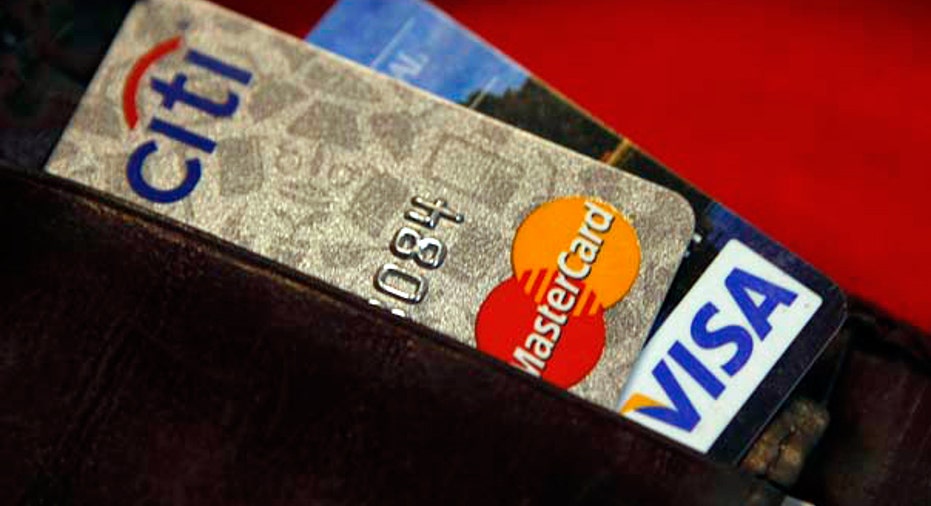Study: Women get Stuck With Higher Credit Card Interest Rates

A study has found that women are more likely to participate in poor credit card behavior than men -- and get stuck with higher interest rates, too.
In a survey of more than 28,000 men and women, the FINRA Investor Education Foundation researched the links between gender, financial literacy and the cost of credit. The survey found that women were more likely to exhibit negative credit card behaviors. These include carrying a balance on their cards, paying only the minimum monthly payment and being charged late fees.
Of the respondents who had a low level of financial literacy, 32% of women were found to be engaging in poor credit card behavior. Only 29% of men did the same. Men were 6% more likely to pay their balances in full than women, and 6% more likely to comparison-shop for cards.
However, the survey found that among the respondents who had a high level of financial literacy, gender played no role in credit behavior. There was no difference between the behavior of men and women, according to Gerri Walsh, president of FINRA, or Financial Industry Regulatory Authority, America's largest independent securities regulator. Walsh says that this shows the importance of improving financial literacy, for women in particular.
"For women, having a high level of financial literacy appears to pay off," Walsh says. "The gender gap for costly credit card behaviors disappears for women with high levels of financial literacy, and after controlling for demographic characteristics like age and income. Becoming more financially literate is a great step that any woman can take to keep more of her hard-earned money in her pocket."
The data from the survey also revealed that regardless of financial literacy level, women are paying half a percentage point more in interest rates than men. Financial literacy helped eliminate a gender gap in behavioral differences, but played no role in interest rate differences, where women are still lagging behind men. Survey analysts said the reason for this is still unclear, and they did not speculate as to why it might be happening.
One possible explanation is that women may be more inclined to acquire retail credit cards, which tend to carry higher interest rates.



















